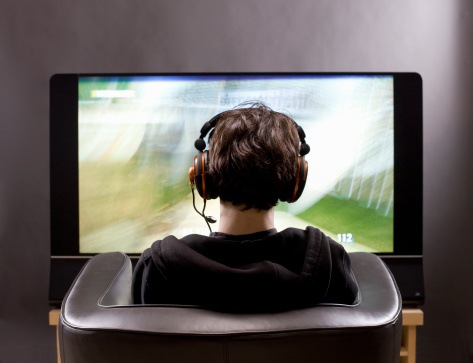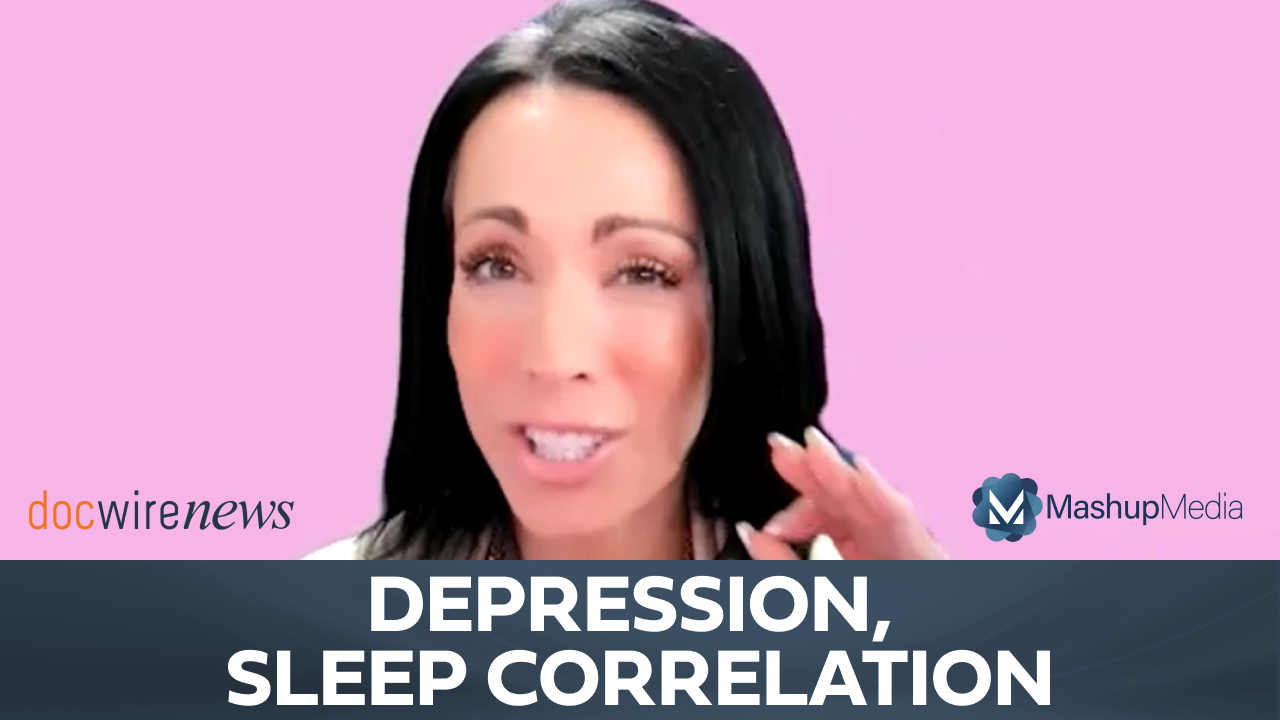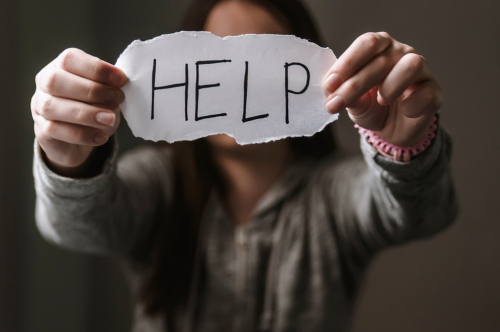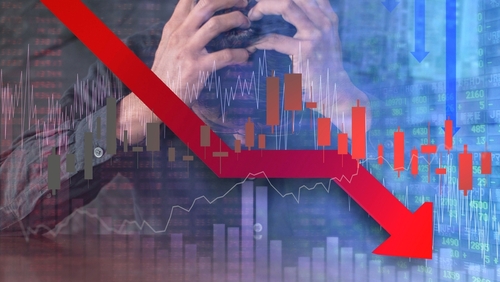
Excessive use of social media and television may exacerbate depressive symptoms in adolescents, according to a study published in JAMA Pediatrics.
To conduct this study, researchers used secondary analysis data from a randomized clinical trial that assessed the four-year efficacy of a personality-targeted drug and alcohol prevention intervention to evaluate a total of 3,826 adolescents. This study assessed screen time and depression utilizing an annual survey in a sample of adolescents who entered the seventh grade in 31 schools in the Greater Montreal area. The study’s independent variables were social media, TV, video gaming, trying to play solitaire for money and computer use. The main outcome was symptoms of depression and was measured using the Brief Symptoms Inventory. The researchers assessed exercise and self-esteem to evaluate both displacement and upward social comparison. The researchers collated data from September 2012 to September 2018. Analysis began and ended in December 2018.
Association of Screen Time and Depression in Adolescence https://t.co/AZ7ORlhWE1.
Troubling, but hardly surprising.— Kevin P. Mollen, M.D. (@Kpmollen) July 16, 2019
Idealized Images May Lower Self-Esteem
According to the study results, depression symptoms increased yearly (year 1 mean [SD], 4.29 [5.10] points; year 4 mean [SD], 5.45 [5.93] points). Significant between-person associations indicated that for every increased hour spent using social media, adolescents showed a 0.64-unit increase in depressive symptoms (95% CI, 0.32-0.51). Similar between-level associations were reported for computer use (0.69; 95% CI, 0.47-0.91). Significant within-person associations revealed that a further one-hour increase in social media use in a given year was linked to a further 0.41-unit increase in depressive symptoms within the same year. Moreover, a similar within-person association was found for television use (0.18; 95% CI, 0.09-0.27). Furthermore, a notable between-person and within-person associations between screen time and exercise and self-esteem supported upward the social comparison, but not displacement hypothesis.
“We found an association between social media and depression in adolescence,” the study authors wrote.
“Based on the upward social comparison, it may be that repeated exposure to idealized images lowers adolescents’ self-esteem, triggers depression, and enhances depression over time. Furthermore, heavier users of social media with depression appear to be more negatively affected by their time spent on social media, potentially by the nature of information that they select, consequently potentially maintaining and enhancing depression over time. The latter is in line with a study showing that the lower adolescents’ mood level, the less positive media content they select. However, whether the algorithmic function of social media enhances this process is not yet known and should therefore be tested.”
https://twitter.com/Ken_Donaldson/status/1151101526020153344?s=20
Increased screen time, #socialmedia, television, video gaming and computer use, is associated with more severe #depression symptoms in #adolescence https://t.co/jeiBTHTYVw
— JAMA Pediatrics (@JAMAPediatrics) July 15, 2019







 © 2025 Mashup Media, LLC, a Formedics Property. All Rights Reserved.
© 2025 Mashup Media, LLC, a Formedics Property. All Rights Reserved.